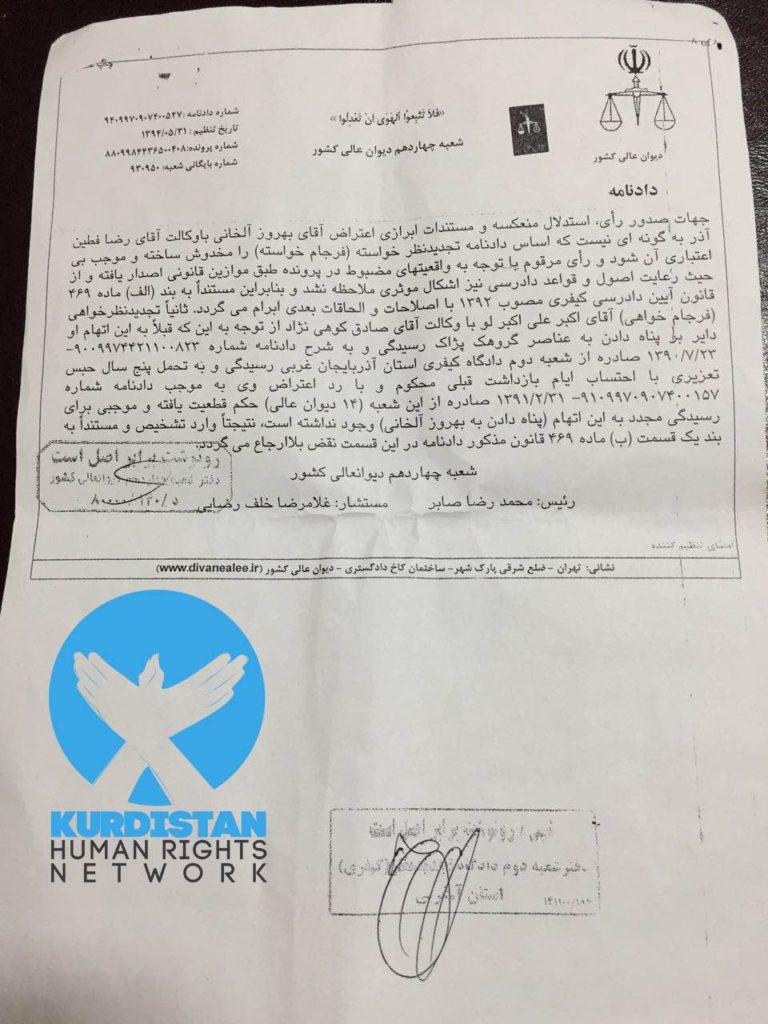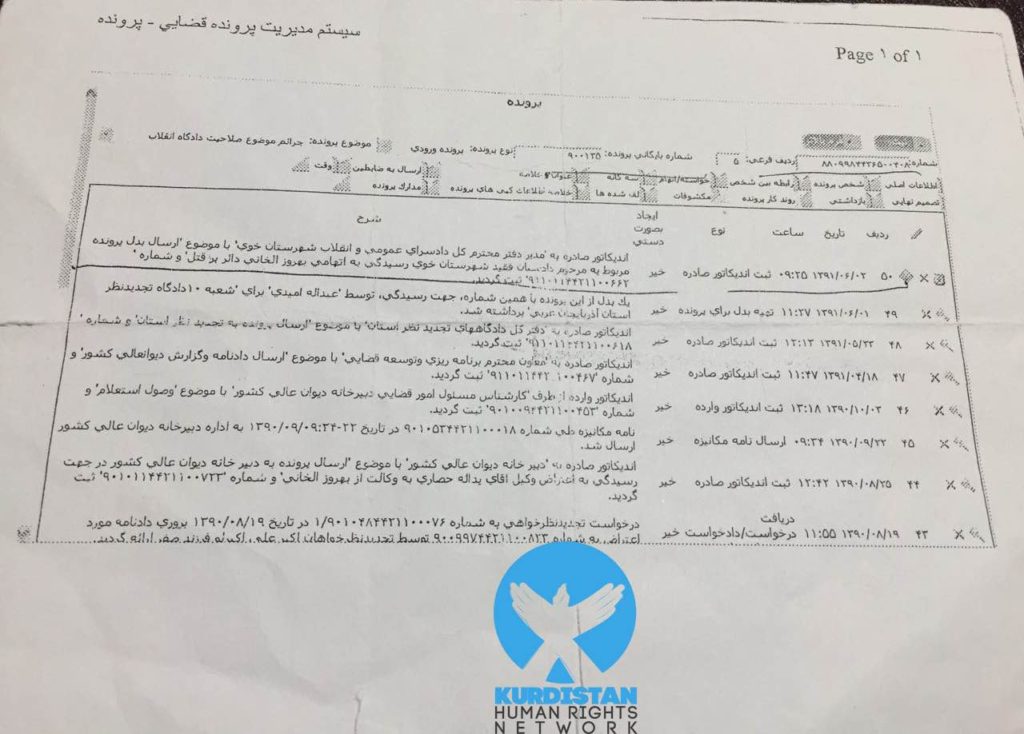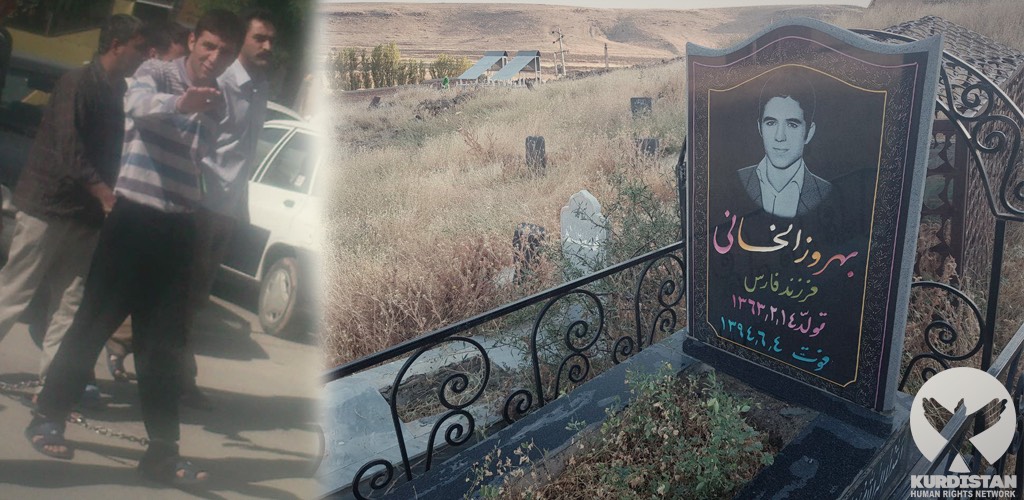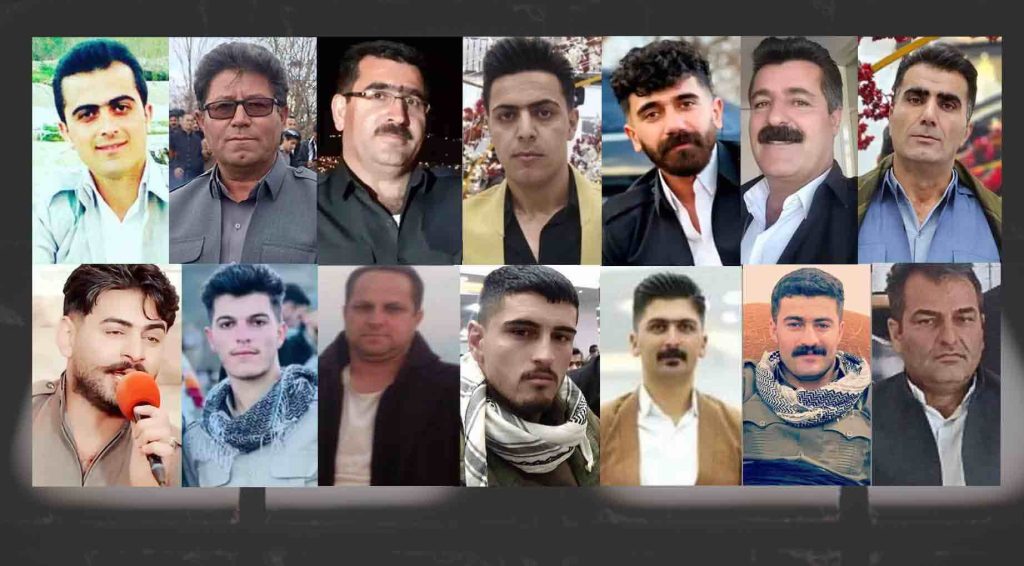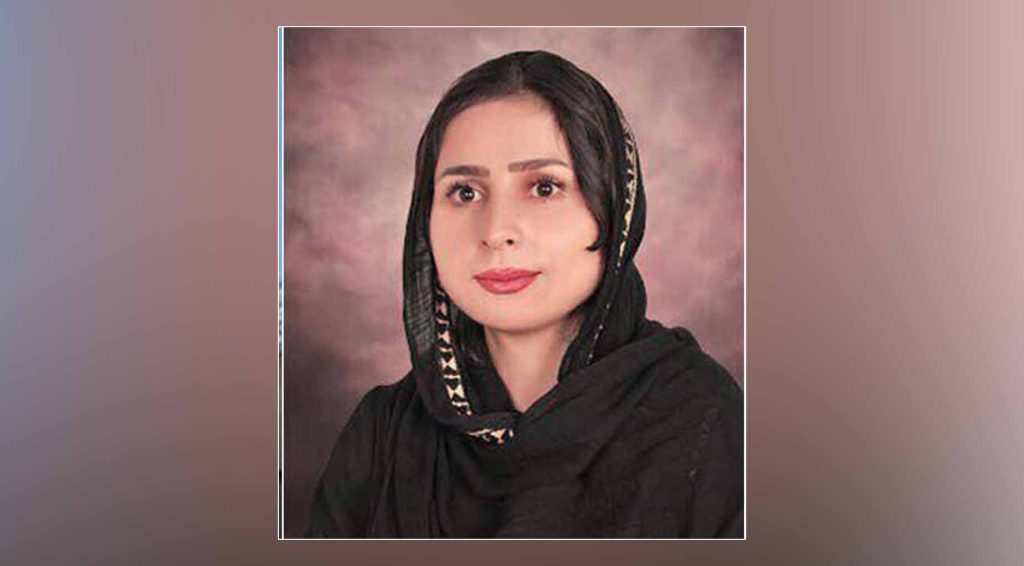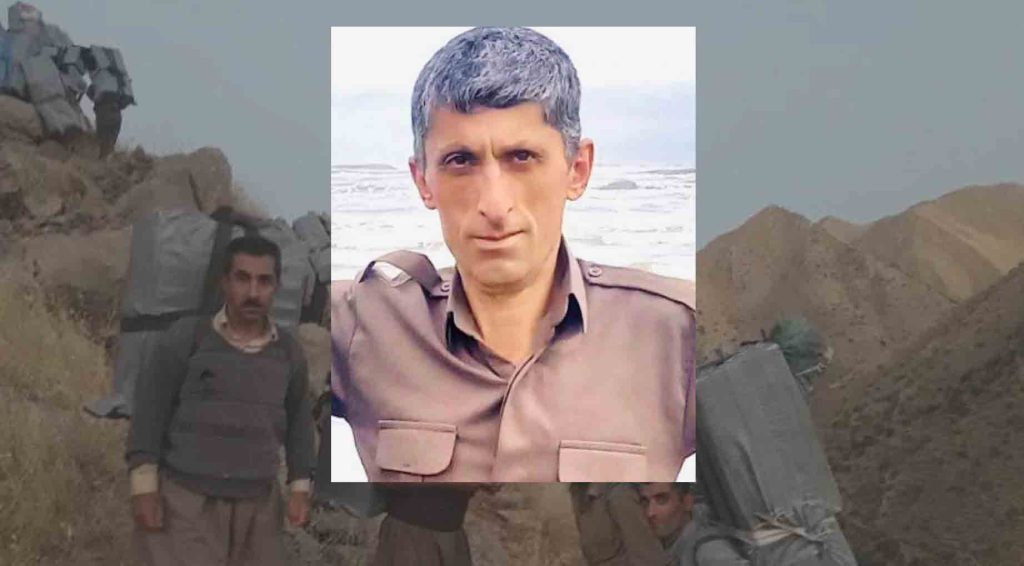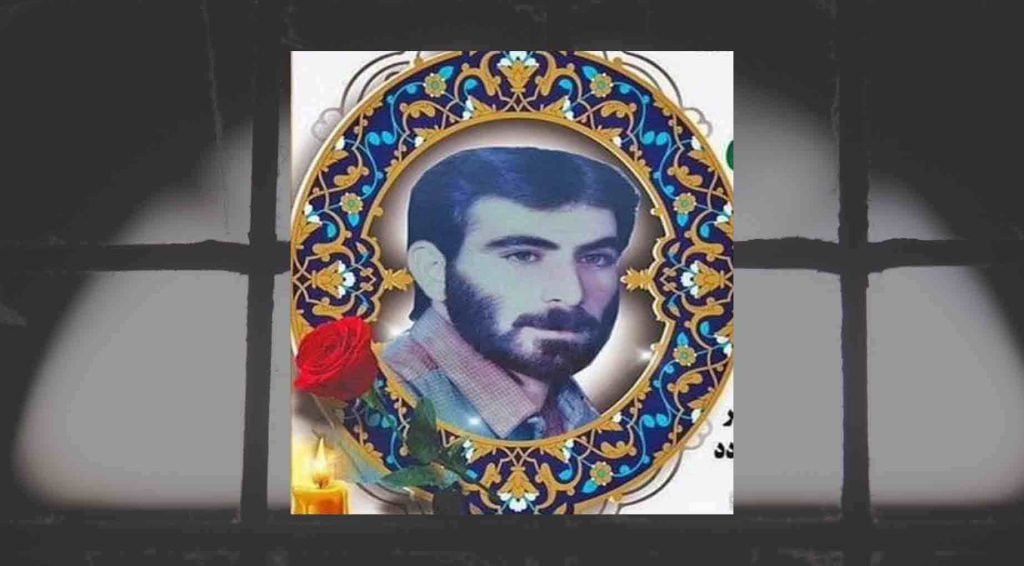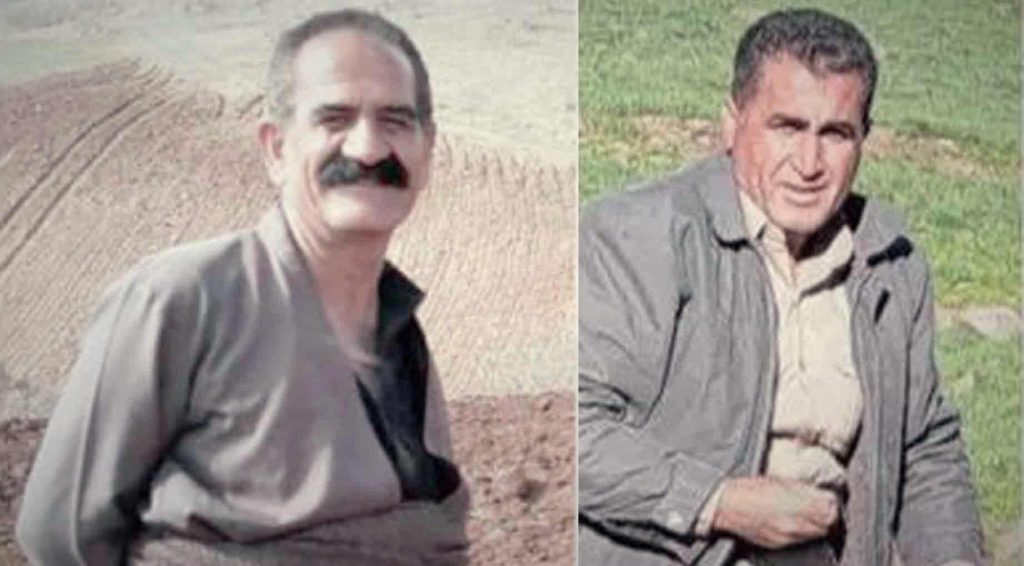Thursday, 26 August, marked the anniversary of the execution of the Kurdish political prisoner Behrouz Alkhani in Orumiyeh Central Prison in 2015.
The Kurdistan Human Rights Network (KHRN) had previously collected and published details from the arrest and court process of Behrouz Alkhani to the issuance and execution of his death sentence, as well as the secret burial and discovery of his body by his family.
These details are republished in this report on the occasion of the anniversary of his execution.
Arrest and the Court Process
On 26 January 2010, the Ministry of Intelligence security forces arrested Behrouz Alkhani, born in 1984 and a resident of Salmas in West Azerbaijan province. They took him to the detention centre of the institution.
Alkhani’s family had no information about their son’s whereabouts for four days. On 30 January, several security officers went and searched his house in Salmas. Responding to a question by the family about their son’s fate, the officers said he had been arrested on charges of “carrying and consuming alcohol”.
Behrouz Alkhani was held in solitary confinement in the detention centres of the intelligence ministry in Orumiyeh and Khoy, West Azerbaijan province, for about 15 months without the right to phone calls or face-to-face visits with his family.
During this period, he was interrogated on charges of “cooperation with the Kurdistan Free Life Party (PJAK)” and the “assassination of Public Prosecutor of Khoy”.
Interrogators severely tortured him to obtain a forced confession, but he never pleaded guilty to involvement in the assassination of the prosecutor.
After 15 months, Alkhani was first transferred to the quarantine ward of Orumiyeh Central Prison. By order of the Ministry of Intelligence, he spent the first four months in solitary confinement in this part of the prison. He was then transferred to the ward for drug-related crimes.
The political prisoner was in a difficult mental condition due to enduring 19 months of solitary confinement. He was also restricted in prison from talking to other prisoners about his situation.
His family was able to visit their son in the presence of security interrogators in Orumiyeh Central Prison for the first time in about 19 months since his arrest.
On 15 October 2011, Branch 1 of the Islamic Revolutionary Court of Orumiyeh – presided over by Judge Chabok – tried Behrouz Alkhani without the presence of his appointed lawyer on charges of “enmity against God through effective cooperation with PJAK”, “possession of weapons”, and “assassination of the Public Prosecutor of Khoy”.
Despite the lack of sufficient evidence to prove the charges and lack of confessions, the court sentenced Alkhani to death on charges of “enmity against God” and “murder”.
It also charged him to 10 years in prison for his alleged “possession of weapons”.
The sentence was communicated to him in writing in prison.
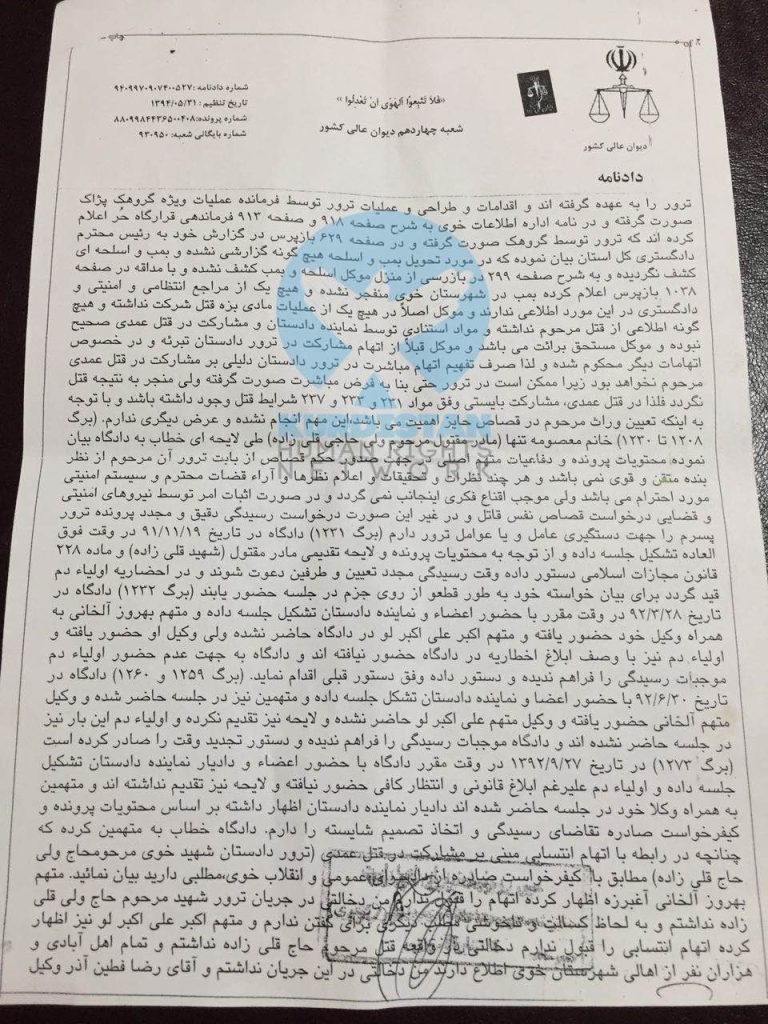
Killed prosecutor’s mother pointed to the lack of convincing evidence against Behrouz Alkhani – Supreme Court verdict
The written verdict issued by Branch 1 of the Islamic Revolutionary Court of Orumiyeh did not provide any evidence to substantiate the allegations.
The only available “evidence” cited were the claims of one of Alkhani’s co-defendants who had said to have seen the political prisoner “anxious and frightened” on the night of the prosecutor’s murder and that he “ate less than usual that night”.
Due to the lack of evidence and Alkhani not confessing to the murder of the prosecutor, the victim’s next of kin, despite being summoned to the court, did not appear in any of the three scheduled court hearings and did not submit any documents demanding “retribution in kind” (qisas) for Alkhani.
Masoumeh Tanha, the prosecutor’s mother, in a document to the court stated the following, which was also mentioned in the verdict by Branch 14 of the Supreme Court:
“In my opinion, the contents of the case file and the defence of the main defendant are not convincing and strong enough to issue a sentence of retribution in kind for the assassination of the deceased. I respect the opinions and investigations of respected judges and the security system, but they do not convince me.”
On 7 January 2014, Branch 2 of the Court of Appeals in Orumiyeh upheld the verdicts. After the case’s lawyer appealed against it, it was referred to Branch 14 of the country’s Supreme Court.
While the final verdict of the Supreme Court had not yet been officially notified to the political prisoner, his death sentence was carried out at 01:00 in the morning of 26 August 2015 in Orumiyeh Central Prison.
Execution of the Death Sentence and Secret Burial
A member of the Alkhani family, who met with Behrouz Alkhani together with his family the day before the execution, spoke to the Kurdistan Human Rights Network (KHRN).
“On the afternoon of 25 August, together with the families of five prisoners sent to solitary confinement for execution on drug-related charges, we were able to meet with the prisoner. Behrouz was in a normal state of mind during the meeting and continued to stress the unfair nature of the trial. The families of the other prisoners were making their last visit in the meeting room. Suddenly the officers came and forcefully took Behrouz with them without allowing him to finish his words. This attitude of the officers sparked an argument between the women in the family and prison officials, which resulted in the smashing of the meeting room windows. In the end, with the presence of a large number of prison guards, our family was taken out of the meeting room.”
The family member continued: “It was about one o’clock when our family and families of the five other prisoners had gathered in the square near the prison that we were informed of the execution of the sentences. The families of all five other prisoners were called to receive the bodies of the executed, but officers told us that we needed a letter from the prosecutor to receive Behrouz’s body. Together with Behrouz’s father, we went to the Public Prosecutor’s Office in Orumiyeh in the morning. We demanded that Behrouz’s body be returned to us. The prosecutor’s office told us that Behrouz’s body would not be returned to his family for security reasons. His father was assured that his son’s body had been washed after burial and in accordance with Islamic tradition.”
The family member then told the Kurdistan Human Rights Network (KHRN) about the process of finding out the locations of Behrouz Alkhani’s burial site.
“Five days after the execution and after the follow-ups of our acquaintances in Orumiyeh, we were informed that Behrouz’s body was buried in a place next to the Bagh-eh Rezvan Cemetery in Orumiyeh. Accompanied by some acquaintances, and as a result of a great search, on the sixth night of Behrouz’s execution, we managed to find his burial place, about 500 meters from Bagh-eh Rezvan Cemetery. The area was full of rubbish, and it was clear that the soil had been dumped on the pit by a bulldozer.”
He added: “When we removed the soil and dug the ground, we found Behrouz’s body in the same clothes he had worn the day before the execution. They had buried him in a pit two and a half meters deep. They had covered his head with his shirt, and when we took out the body, we noticed that his leg had been burned with acid.”
Behrouz Alkhani’s family moved his body to a safe place in the dark of the night and buried it after washing.
Earlier, Behrouz’s father had been assured in the Public Prosecutor’s Office in Orumiyeh that his son’s body had been buried in a suitable place after washing and performing religious duties.
Execution of the Sentence before Approval by the Supreme Court
Three months after the execution of Behrouz Alkhani, his lawyer contacted his family, informing them that the Supreme Court had issued a written verdict.
The verdict showed that it was issued on 22 August 2015, i.e. four days before the execution of the death sentence.
This means that Behrouz’s death sentence was carried out before it was approved and announced.
The text of the verdict was officially notified to the lawyer and the family three months after the execution of the sentence.
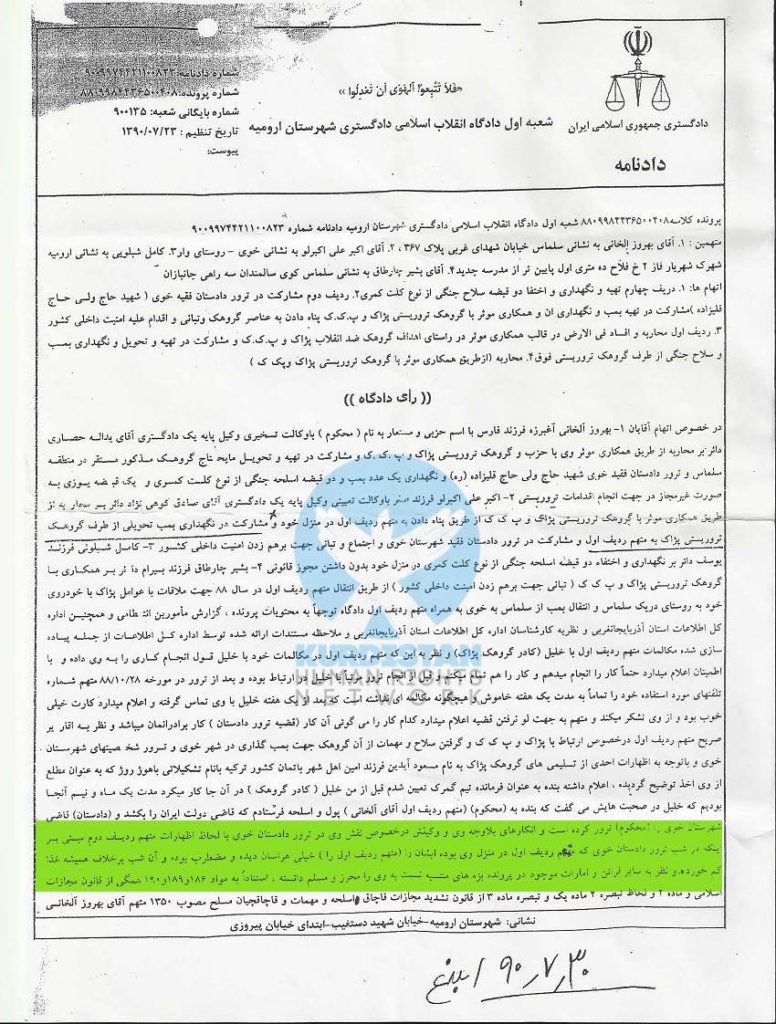
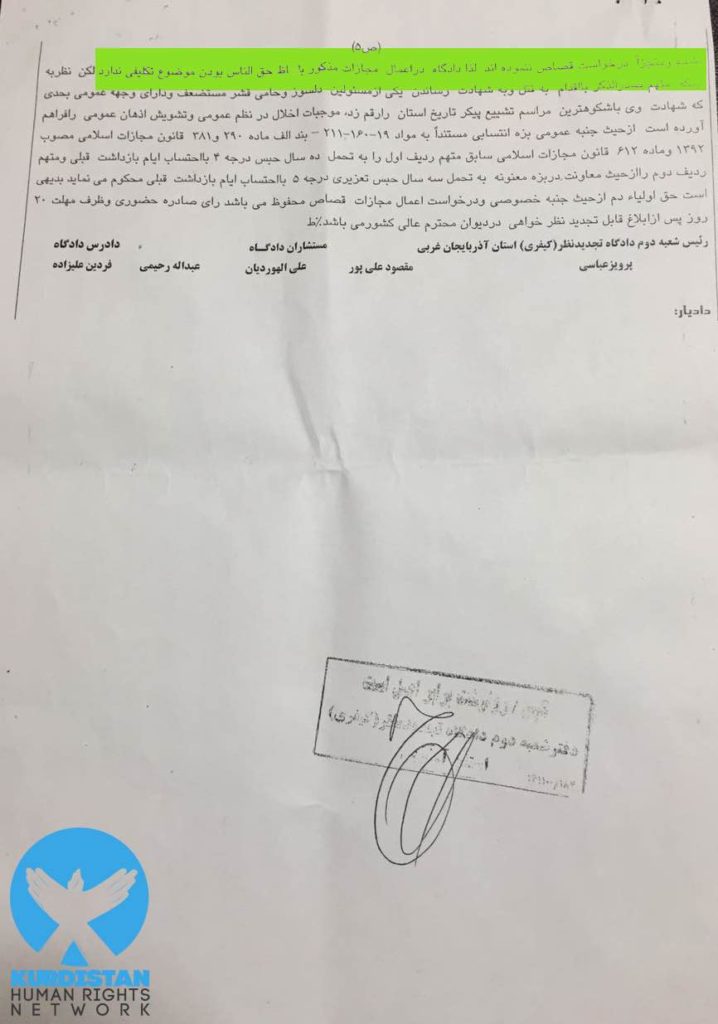
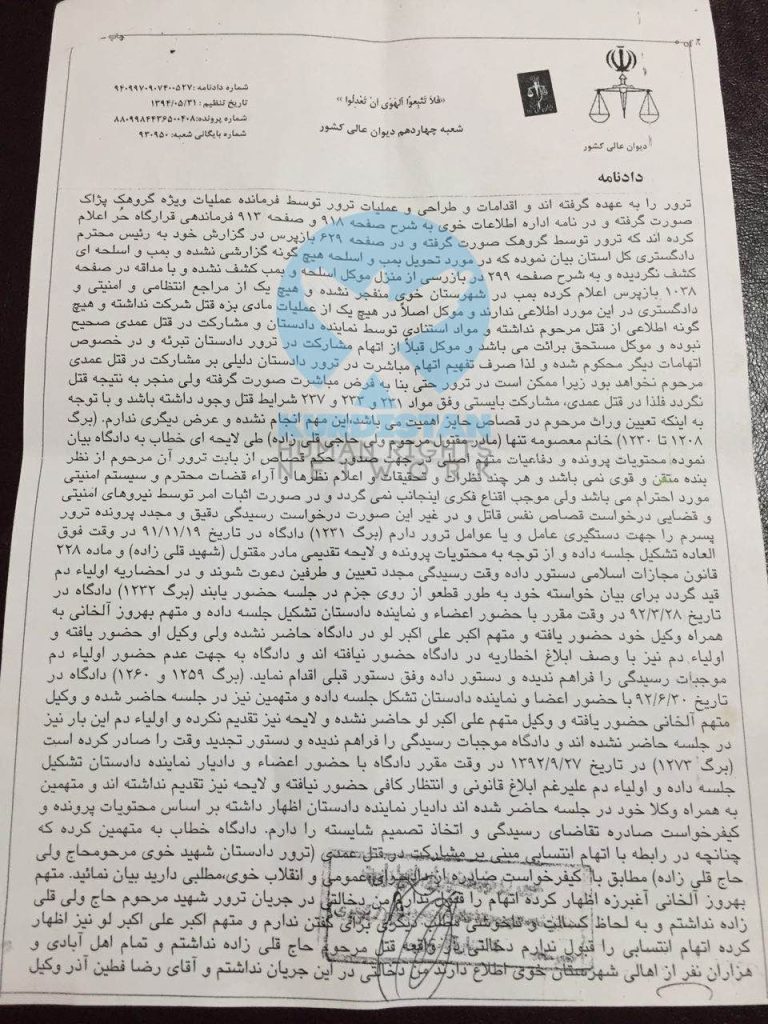
Killed prosecutor’s mother pointed to the lack of convincing evidence against Behrouz Alkhani – Supreme Court verdict 